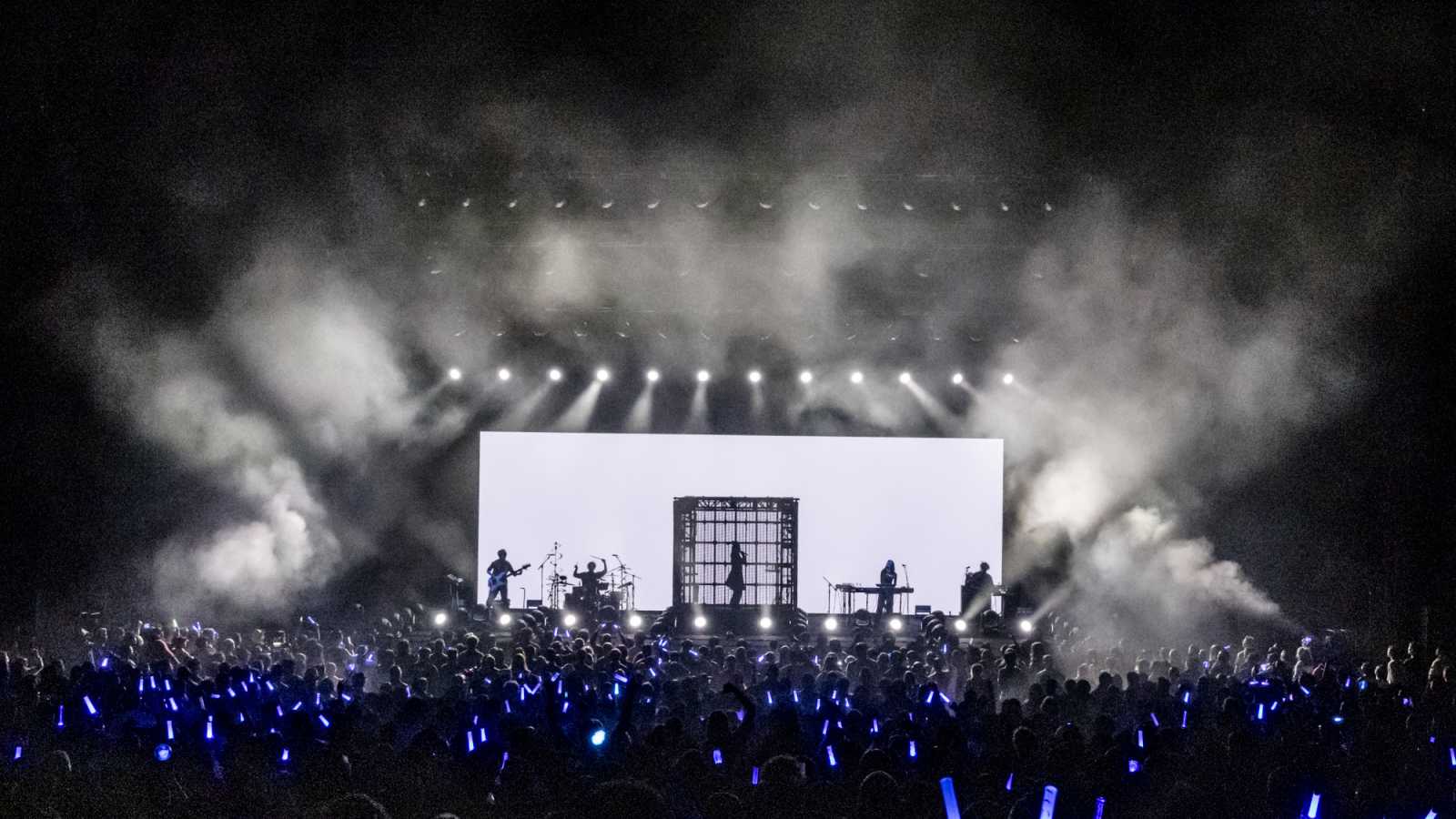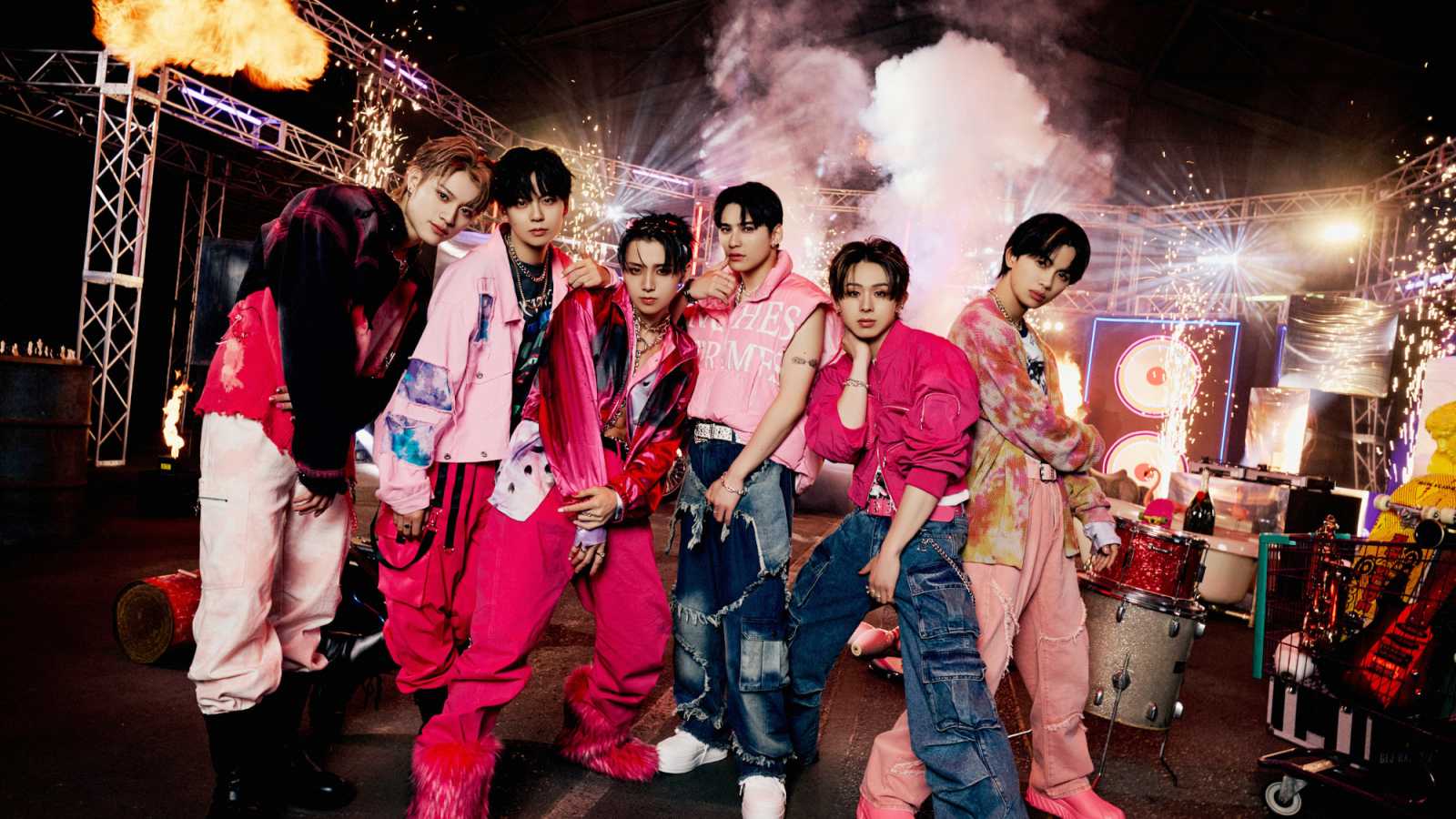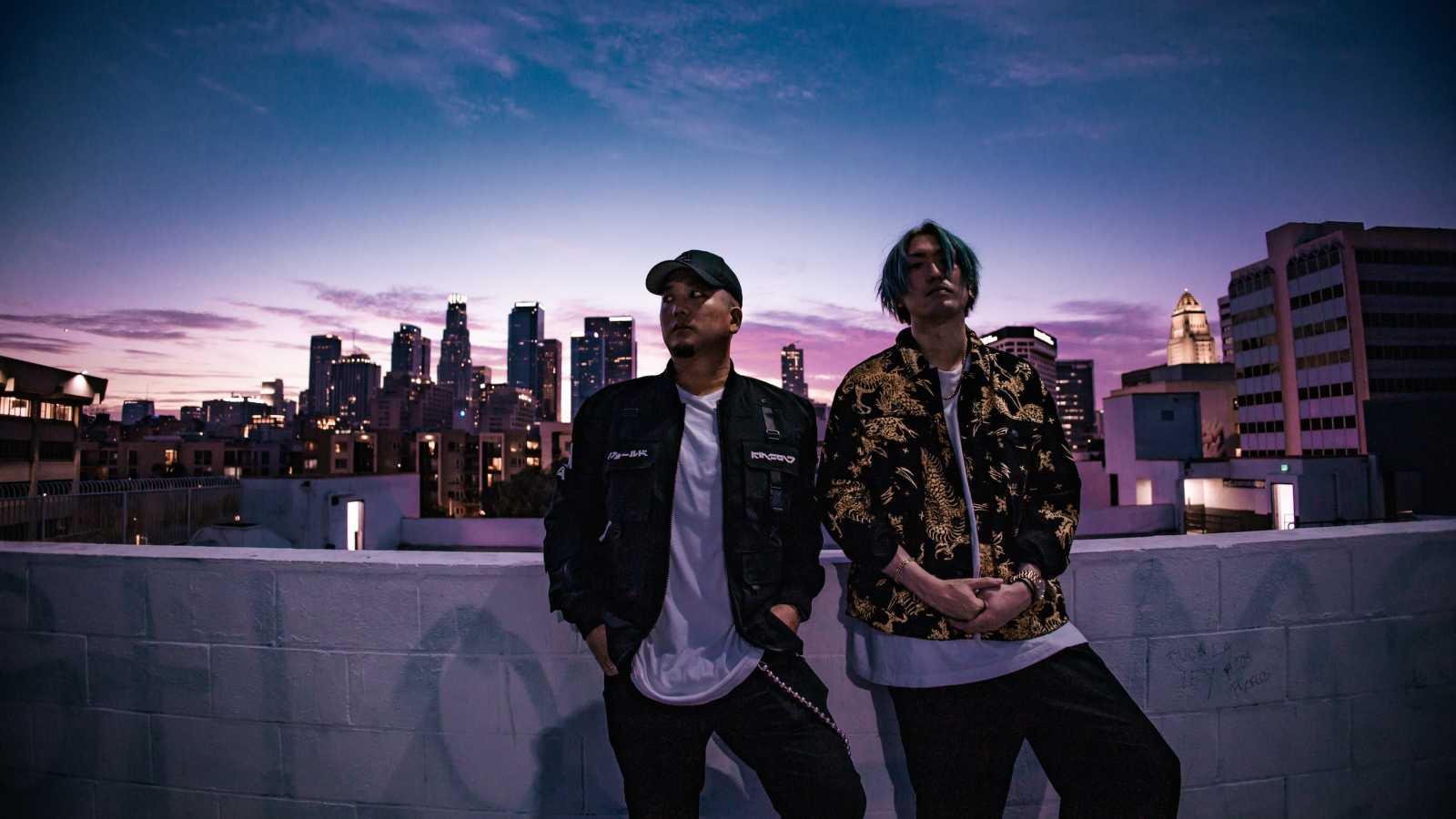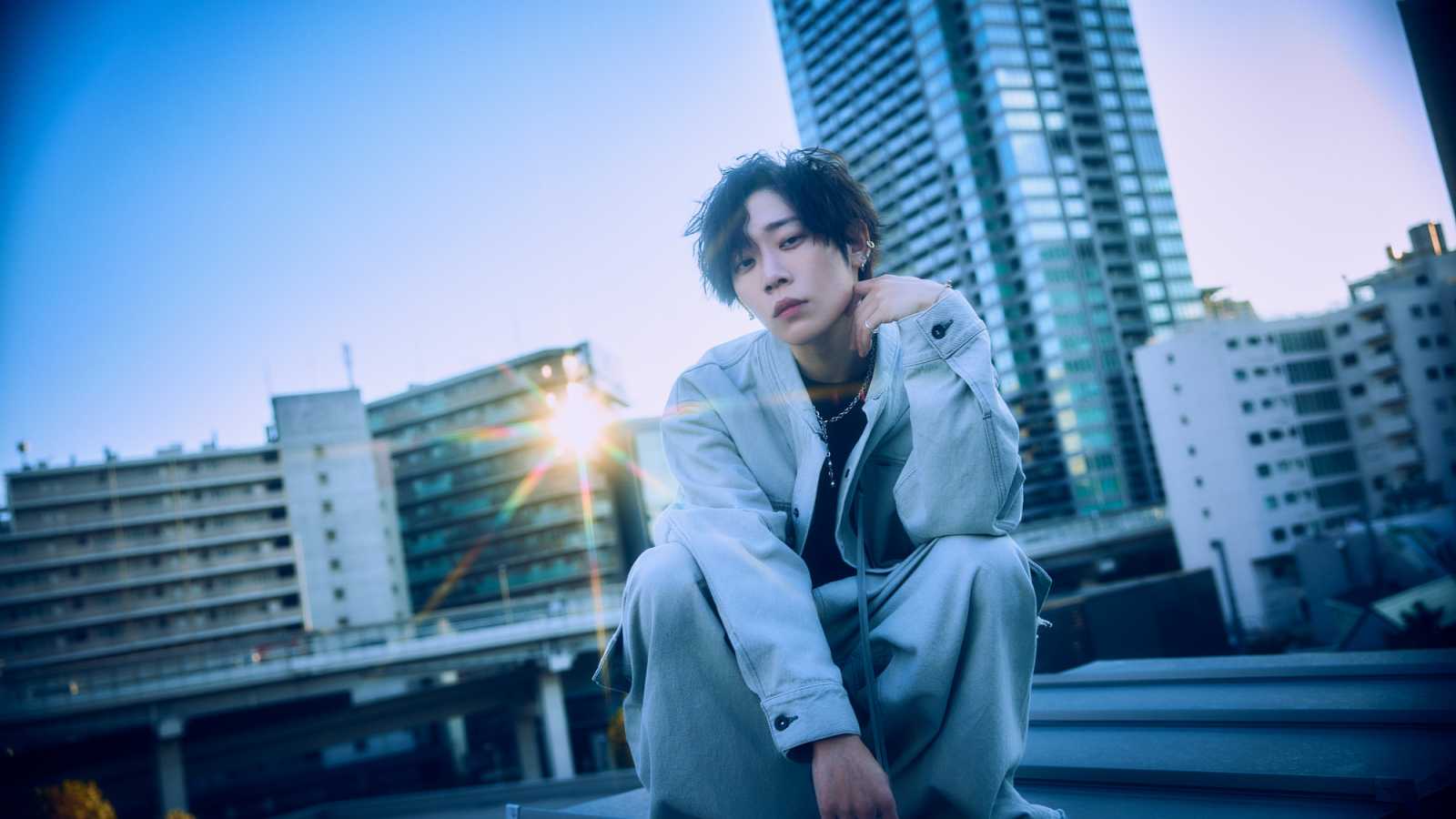Popular band UNISON SQUARE GARDEN tells JaME about their views on music and shares their aspirations for the future.
The music of UNISON SQUARE GARDEN has changed through the years. Starting with a special mix of indierock, electronics and pop music, they have now moved to rock with catchy tunes and danceable rhythms. Earlier this year JaME already had the opportunity to cover one of the band's impressive concerts, and this time we were invited to interview the band in order to get to know them better.
Could you introduce yourselves please?
Saito: I’m Saito Kousuke, the guitarist and vocalist.
Tabuchi: I’m the bassist, Tabuchi Tomoya.
Suzuki: I’m the drummer; Suzuki Takao. It’s nice to meet you.
First at all, could you introduce your band to our readers who don't know you yet?
Saito: We play what we think. By telling ourselves that “music is fun” and “the sound of a band is fun and cool,” we experience and feel the basic reason why we play Japanese music in a band. We play what we like, and we want to make the music which we have listened to and have been impressed by. So we are the band playing Japanese pop/rock music that we listened to and we sublimate them in our way.
Do you have musicians who influenced each of you? Did you listen to Japanese music more than Western music?
Saito: Yes, we all did. My prompt to start the band was BRAHMAN (an alternative Japanese punk rock band)
Tabuchi: I wonder, perhaps my awakening for music might be popular J-pop songs of the 90’s? I think my song writing was influenced by them. I was affected so much by the many singer-songwriters that appeared.
Suzuki: I listen to overseas bands that I think are good and my body sways naturally to the music sometimes. However, my point is that I’m most impressed when Japanese lyrics remain in my heart. So, I have always listened to bands singing in Japanese, regardless of whether it's rock or pop.
How did you decide on UNISON SQUARE GARDEN as your band name? Was it a pun of Union Square in New York?
Saito: My name is Saito and when I examined the kanji letter of 'sai' in my Japanese-English dictionary, I found that it meant ‘unison’ of ‘sing the national anthem in unison’. So I wanted to use it. (laughs) Then I looked for what had a nice ring to it and I eventually arrived at that name rather than that I punned Union Square in New York. (laughs)
Did you think of the name, Saito?
Saito: It happens to be so. (laughs)
How did you meet and how did the idea of forming a band come about?
Saito: We met in our high school as bassist Tabuchi and I were in the same high school and university. We were in a light music club activity and wanted to form a band together, but we couldn’t find a drummer because drummers are few. (laughs) So we called a drummer; Takao (Suzuki) who was in the same elementary school as Tabuchi. That was how we met and UNISON SQUARE GARDEN was formed after that.
Saito, I heard that you were born in overseas (New York, USA), but did you meet in Japan?
Saito: We met in Tokyo.
Suzuki: We were basically from Tokyo. (laughs)
What message do you want to send through your music?
Saito: I think that music is not theory. Japanese music is such that it gets introduced overseas. Music is something that transcends languages and things like human origins. I think, it is what soaks into our cells. We want to make what is illogical, soul-shaking, and impressive in unimaginable ways.
How did the song writing process of JET CO. go? Did you have any themes in particular in mind when composing it?
Tabuchi: We made this album like how we usually do, and we collected and followed what we thought was good from music. The theme of the lyrics come from the various things I have seen in the world for one year, and I wrote a lot about what I thought, things like “I hope more people would say this kind of things”, or “I hope there would be more ways of music.” Music today seems to say that "music is present for all people”, but I don’t think so because I think “music is present for each person.” So for both listeners and people who release music, I hope that the thoughts of “I play music” or “I listen to music” would be reflected in my lyrics.
When composing songs, do you write the lyrics first and then add the music to it?
Tabuchi: I would rather make the music first. I like Japanese, but I am first and foremost concerned with the melody of the verse. Western music is probably like that too, but there you can add the words and then complete the melody. I really like Japanese so when I write, I give precedence to the sounds of Japanese words, but this time I was thinking "I want it to be for each person" more, so I just added that thought to the melody of the verse when I was composing.
Your range of music is wide with pop, rock, and electronic music. Is that because various melodies come into your mind?
Tabuchi: I didn’t realise that we play such a wide range of music. We just play according to whatever we feel is good music, good lyrics and good melodies, and I think the miracle of the band’s ensemble causes that.
Do you all decide on the final arrangement details together?
All: Yes.
Why did you title your album JET CO.?
Tabuchi: As I looked it over, I thought that there were many words concerning amusement parks. (laugh) What I imagined most strongly this time was whether the total balance was good when we listen through the album from the first song to the last song, and I really thought that it would be really good if it flew like a roller coaster from the beginning to the end. However, what was more important was that “it’s easy to say.” (laughs) I put that as the title as I thought that the words would be easy to pick up.
The jacket design is an amusement park made from paper. Did you explain your images to the art director?
Saito: We didn’t ask for that, but we just said “We made the album full of amusement, absolutely exciting and happy, so please make the jacket matching to it.” Then the designer came up with his ideas and made it.
Your PV for cody beats is quite interesting. How did you come up with the idea for this video?
Saito: Basically, the image director listened to our songs, we explained to him what we thought and played, and asked him whether he had ideas answering to our thoughts.
Was the shooting hard?
Saito: cody beats was shot inside an elevator in one day, on Christmas Eve from 9am to 3am. (laughs)
The independent rock scene is always growing in Japan. What do you think about the actual rock scene here?
Tabuchi: There are many bands. I think it’s good but I also think that it's bad on the other hand. It’s wonderful that each band has a distinctive flavour which I feel is unique to Japan today. I hope there can be possibilities that various kinds of music can go forth in more innovative rather than conservative forms. As we impose on ourselves the challenge that we won’t be “one of many” but “something for someone”, and if the entire scene, music business and whole culture would further awaken, I think that we could make an even more interesting music scene.
What was one of the most memorable experience you had as a band in the past six years?
Saito: It was Highline Records 10th anniversary event in July, 2007, when we stood on the big stage of Zepp Tokyo, where we used to pay money to see lives before. Famous bands such as BUMP OF CHICKEN and POLYSICS also appeared. We talked to them about various things and they talked to us frankly on the same level unexpectedly, and I really felt we stood on the same stage as them and had to stand up there. It was the day when I realised that making people listen to the band’s music and give them something were just what such musicians were doing.
Tabuchi: During one of the very big events, I had hoped that the music played would be portrayed in a certain form, but it was so different from the actual feeling that I felt. Since I experienced that, I had been telling myself each time I stand on stage as a performer that I had to have more desires. I told myself things like “So, how I could make things more interesting? I want to change something.” As I looked upon the music industry and felt the atmosphere in music festivals between the artists and the audience, I was shocked by how different the music scene was from my ideals. It made me think, “It would be nice if it were like this”, and that has become my biggest motivation.
Suzuki: I... well, what should I choose... What made the deepest impression on me were all the little things that have accumulated over time and made us who we are today. Each year we had little moments where lives went really well, and the result of those moments piling up is the live shows we do now. As I look back upon our first live just after we formed the band, I feel the difference and can say, “Ah, we have grown by so much!”
Do you have review meetings after each of your lives?
Suzuki: We don’t hold meetings every time, but I’m sure each one of us reflects upon the live. When we aren't satisfied, we have a meeting. I'm really impressed by how often we did that.
Your audience is increasing, and the venues you perform at are getting bigger actually. How do you feel?
Suzuki: We are happy but not satisfied as “we are not enough”, and the latter feeling is stronger. Well, we are thankful for that.
How were you six years ago?
Saito: I feel like I shouldn’t look back six years yet. I have too many things which I have to do in front of me, and I have no room to look back. Maybe, I would want to look back only after doing what I would have done and what I should do and for example when I can say “we did a one-man live at Budokan and we succeeded greatly” or “we topped the Oricon chart”.
Do you have special goals which you want to reach? Do you want to play in Budokan?
Saito: If I say more, I would end up wanting to play in bigger places such as the arena. But I want to play in Budokan someday.
Tabuchi: I am thankful that our live venues have grown bigger and bigger, but that isn't a special goal. I aim to keep being “something for someone”. It’s my big goal that many people who listen to our music would in ten years time say “there was a band named UNISON SQUARE GARDEN and they helped me to have a great adolescence.” I think that it will be wonderful if more rock bands share my goal of being important to individuals and making an impact on people rather than just aiming to perform at the biggest venues. If that happens, rock bands would do more interesting things and the whole music scene would change. I want to see that happen.
Suzuki: Band men all have dreams about where they want to do lives. We have such dreams too, and we tell each other with faint longing that “we want to play in Budokan.” in our daily conversation. But we're not simply thinking about performing in Budokan. Inside, we’re thinking that it’d be cool if Budokan were the result of the lives we do every day and the songs keep making. Personally, my goal is to keep feeling high on my drumming and keep having fun.
Saito, you have experienced living in various countries before. Has that made any influence on your life as a musician?
Saito: I am unaware of that. (laughs) I have lived in New York, London, Singapore, Hong Kong, and Japan, but I have never noticed that. My parents are Japanese, and I have been speaking Japanese. However, when I talk to people I often think “ah, what I think is natural isn’t natural for them.” (laughs) Such things might have shaped my nature without me noticing, but honestly speaking, I don’t know.
For example, when you sing the lyrics made by Tabuchi, do you speak the words naturally? Or do you have desires to change the expressions?
Saito: Probably the points we want to express are a little different, and as a vocalist I sing thinking about how to pronounce the words and how to fit them on the melodies. So when the lyrics don’t really fit with what I want, I tell him.
The way you use words is interesting. We don’t usually see phrases like “zongai” ("contrary to expectation"). (laughs)
All: (laugh)
Please give your message for our readers?
Saito: I want to see the moment when music goes beyond borders.
Tabuchi: Music doesn’t need reasons why and how, so I want you to listen to whatever in internet or whoever, and I hope such situations that “It’s good as there is music.” would be born more. Not only our music, but I hope various music would reach at you who is reading this.
Suzuki: Our band treasure melodies and language sounds so much as that are rare in Japan, so I think you could enjoy the sounds even you don’t know the meanings. I think you can listen to Japanese music like we listen to Western music because the basic way to enjoy music is common. Japanese is the language in which melodies are clearly divided between phrases. I want you to enjoy such characters unique to Japanese music.




